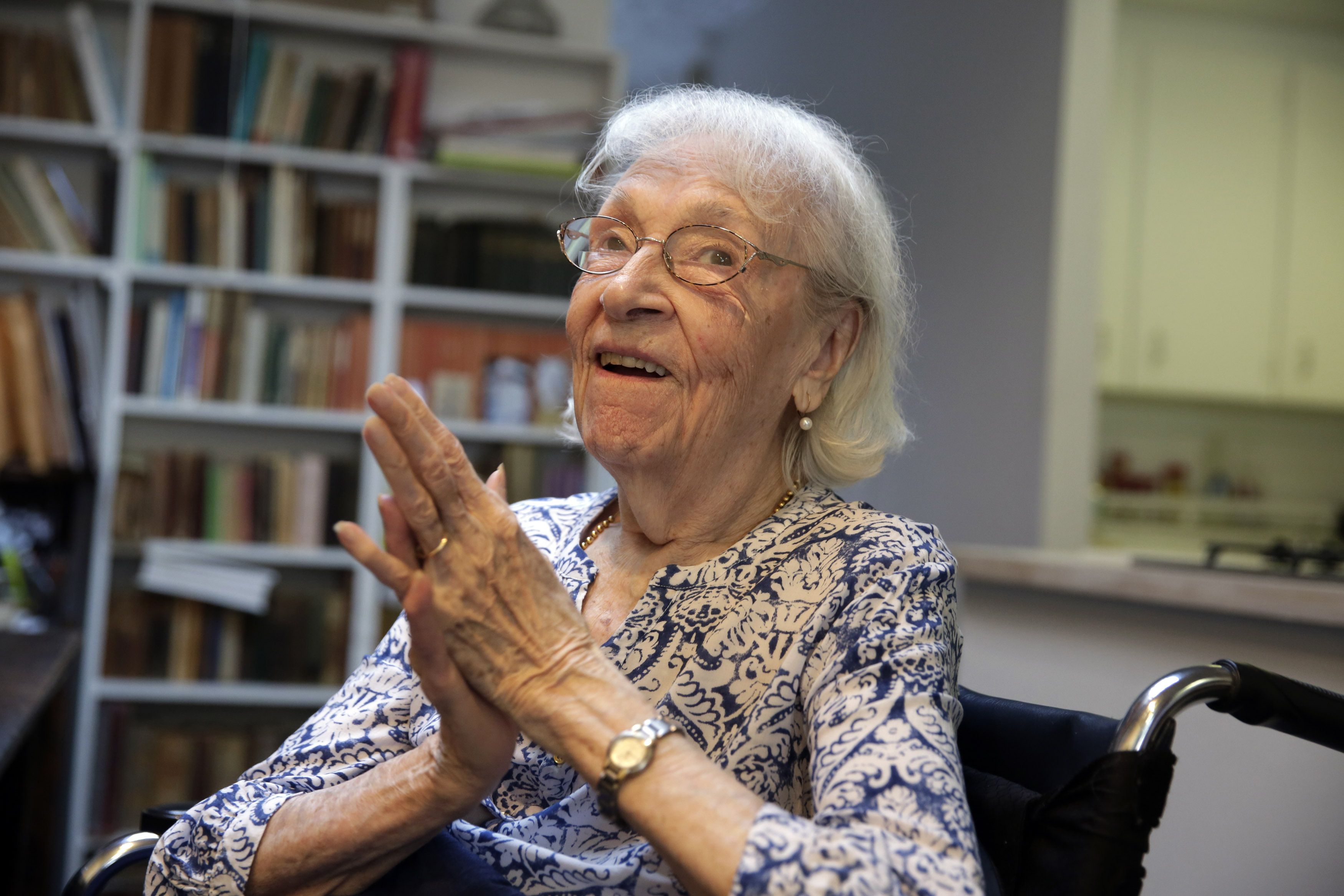The Moderna pharmaceutical company is ready to produce up to 3,000 million doses of anticovid vaccines in 2022. In other words, enough doses to vaccinate almost one in three people on the entire planet.
César Sanz, director of Medical Affairs for Moderna in Europe, the Middle East and Africa, assured that applying a fourth anticovid dose could be “necessary” in the last quarter of the year. He also referred to the supply problems that this pharmaceutical company had last year in several countries and said that they hope they will not be repeated in 2022, since Colombia has already bought another 10.8 million anticovid doses from them.
Sanz said that, of the 820 million anticovid doses they sold in 2021, 25% went to poor countries. In addition, he explained that clinical trials of a new HIV vaccine are already in their first phase.
–
How do you see the behavior of the pandemic in Moderna in the coming months? Do you think a fourth anticovid dose should be applied?
“We believe that a new booster dose against covid will be necessary in the fall. Indeed, in Europe we are beginning to see how the number of infections is going down. Somehow this massive wave of omicron variant we’ve had is starting to slow down. But experts believe there is a significant risk that this will continue. Ómicron is really a completely new lineage of the virus and represents a very important qualitative leap from the point of view of its biological evolution. That is to say that the pandemic will probably not end so quickly.”
Are you working on developing vaccines against specific variants of the coronavirus?
“Yes, in fact on January 26 of this year we started administering, in the context of a clinical study, a specific vaccine for omicron that we have rapidly developed since the end of November, when we understood its potential seriousness. We announced that we were going to launch a specific vaccine and now we are beginning to evaluate it.
What is not very clear is whether this vaccine for ómicron will make sense as a single vaccine or if it will be part of a multivalent composition, as is the case with other vaccines.”
In Colombia we have already bought another 10.8 million anticovid doses of its vaccine. There is already a set schedule. But last year we suffered from delays in batch deliveries. Could these problems recur?
“From a point of view of the company’s supply capacity, the situation has clearly progressed for the better. In that sense, we hope that those problems that occurred last year will not occur again”.
Some public health experts, including the Colombian Minister of Health, Fernando Ruiz, have said that vaccinating the population too quickly is not as viable as immunity could drop very soon. What do you think of that position?
“I think it is important to measure all the public health actions that are being carried out. In that sense, there is also a component of population fatigue. It is hard for all of us to live in this situation. We have been two long years that are becoming endless and it seems that the situation is not going to change in the short term.
What we are going to see are studies that give us indications about how often it is necessary to reinforce immunity, whether for everyone or simply for groups at higher risk.
What is Moderna’s position regarding inequality in access to vaccines against covid-19? In America we have the example of Haiti that has vaccinated less than 2% of its population…
“It is a collective challenge. It is up to all sectors to deal with this situation. I can tell you that Moderna is very committed to making the vaccine available to as many people in the world as possible. To put some perspective, in 2019, when the pandemic began, our production capacity was barely 10,000 doses per month. Very little. We produced to be able to carry out clinical trials. Last year we were able to supply more than 820 million doses, of which 25% went to low-income countries. And next year our plan is that we could produce between 2,000 and 3,000 million doses, depending on the composition of the vaccines, which are going to exceed expectations.
In some way, we are working on distributing that production capacity throughout the world. In that sense, we have made some announcements. For example, in Africa we are going to establish a factory with a production capacity of around 500 million doses”.
What evidence does Moderna have on the vaccination of children over three years of age against covid-19? In Colombia, this population is only vaccinated with doses of Sinovac.
“Specifically, we still do not have data on vaccinating children in that age range. We are already in the process of processing regulatory approval for what would be the upper age segment, which ranges from six to eleven years old. In many countries of the world, we already have authorization to give preventive treatment to adolescents”.
You are developing a vaccine against HIV. How are you doing with that?
“It is a very new program. We are very excited about him. This is a collaboration that we are doing with IAVI and with the Bill and Melinda Gates Foundation. Basically it is about evaluating immunogens (substances that can be recognized by the immune system) that were developed by the Scripps Research Institute in La Jolla, California. These immunogens are capable of producing a maturation of white blood cells, which widely produce antibodies against the HIV virus.
We started a Phase I trial barely a week ago, transferring this novel approach to messenger RNA technology. Logically, it brings a series of very clear advantages. We have seen, for example, on the subject of covid. We are evaluating sequential administration schemes. And well, for now, since this is a Phase I trial, we are talking about few subjects. They are about 60 healthy volunteers. But, as I say, we are very excited and we hope that this really opens up a new approach to dealing with a disease as serious as AIDS has been”
–


